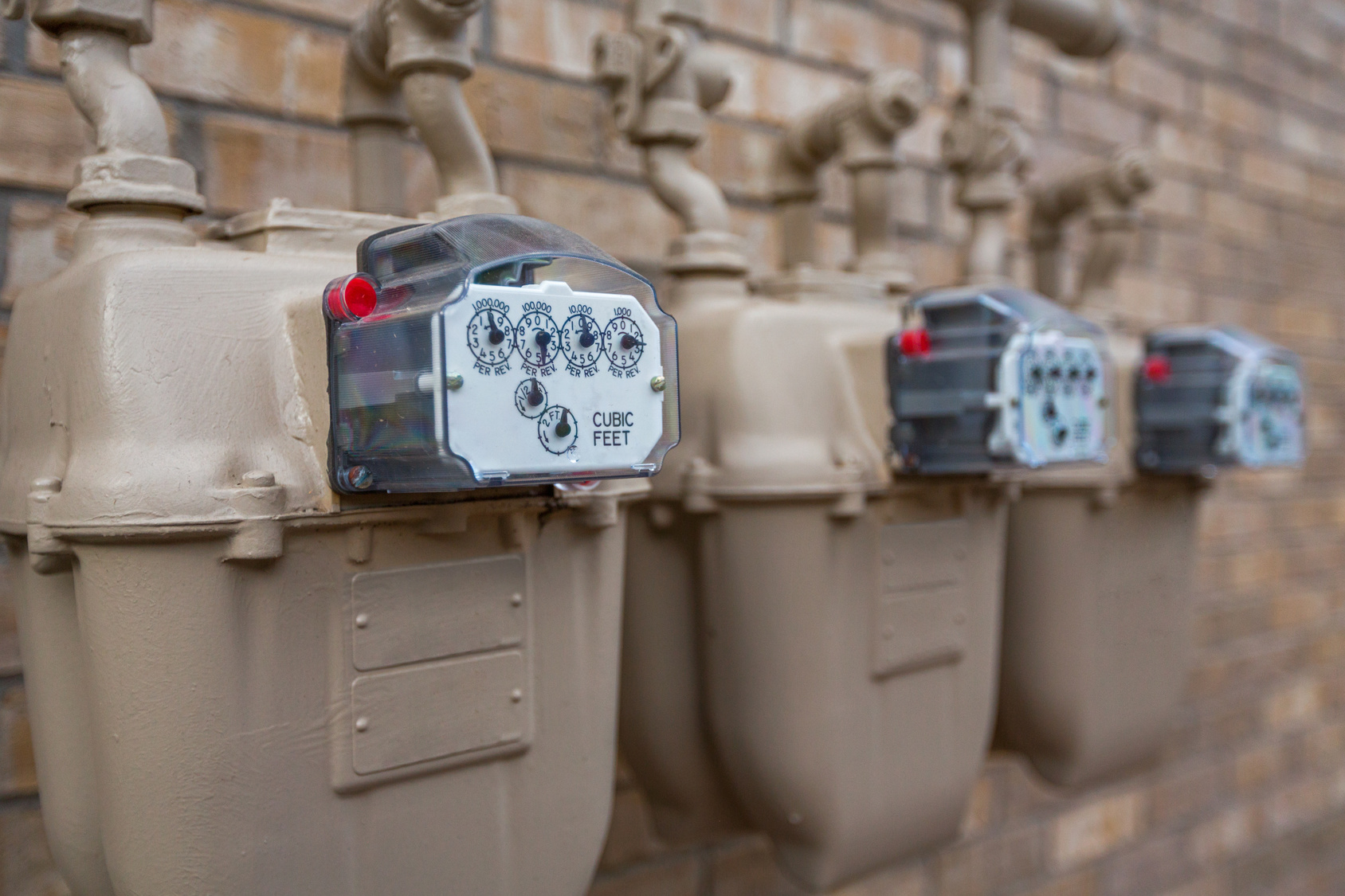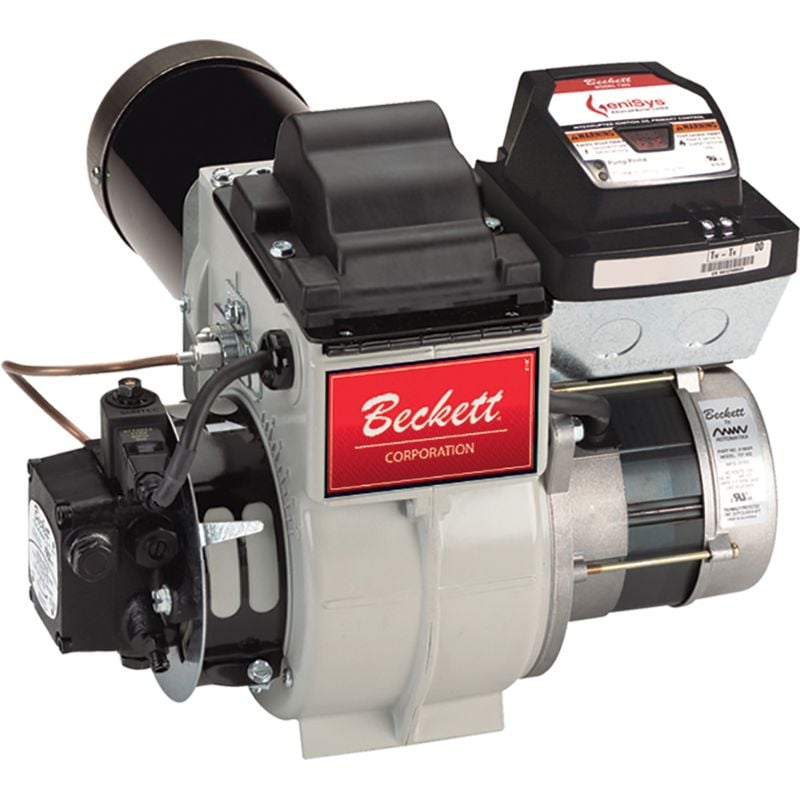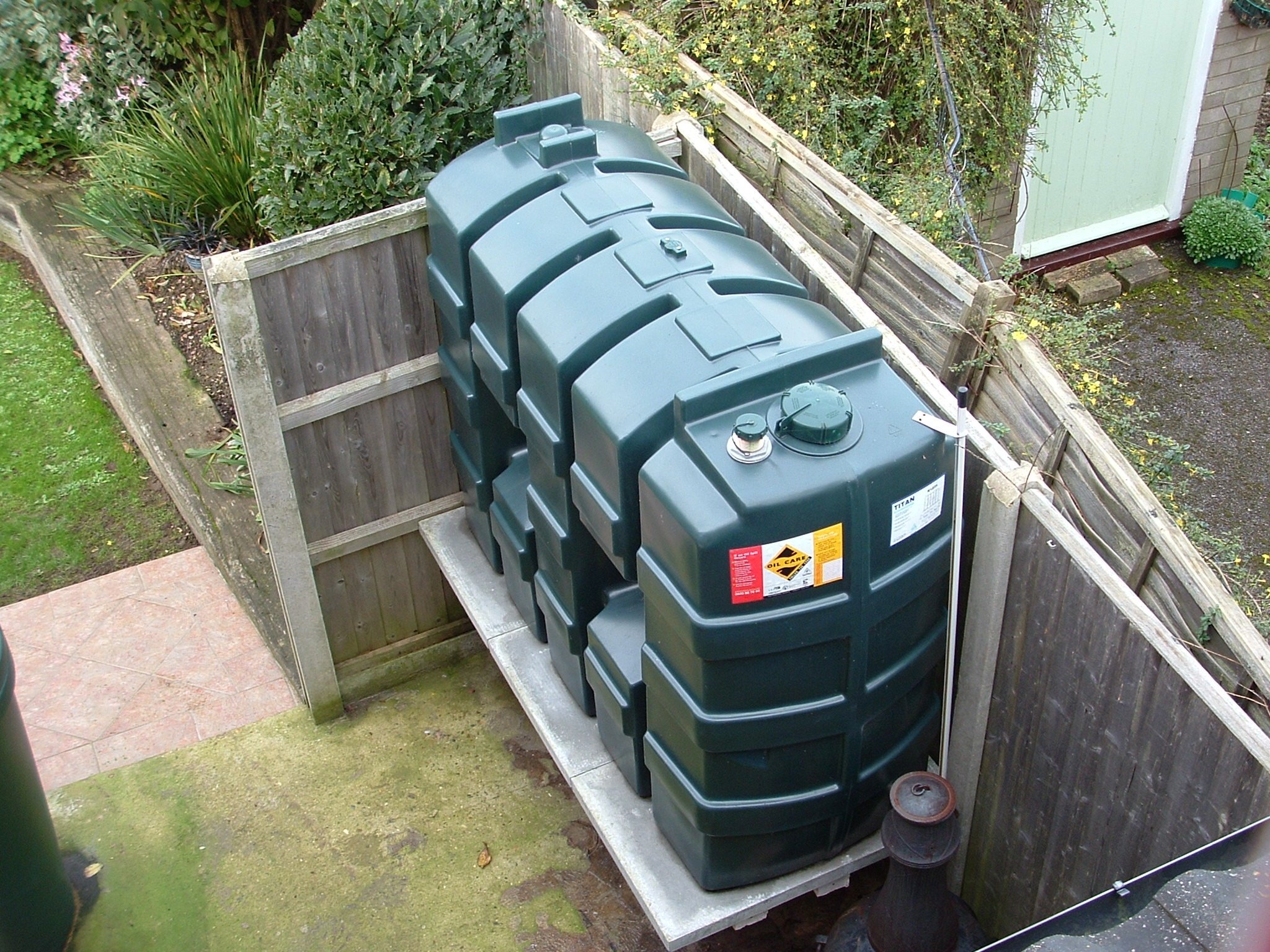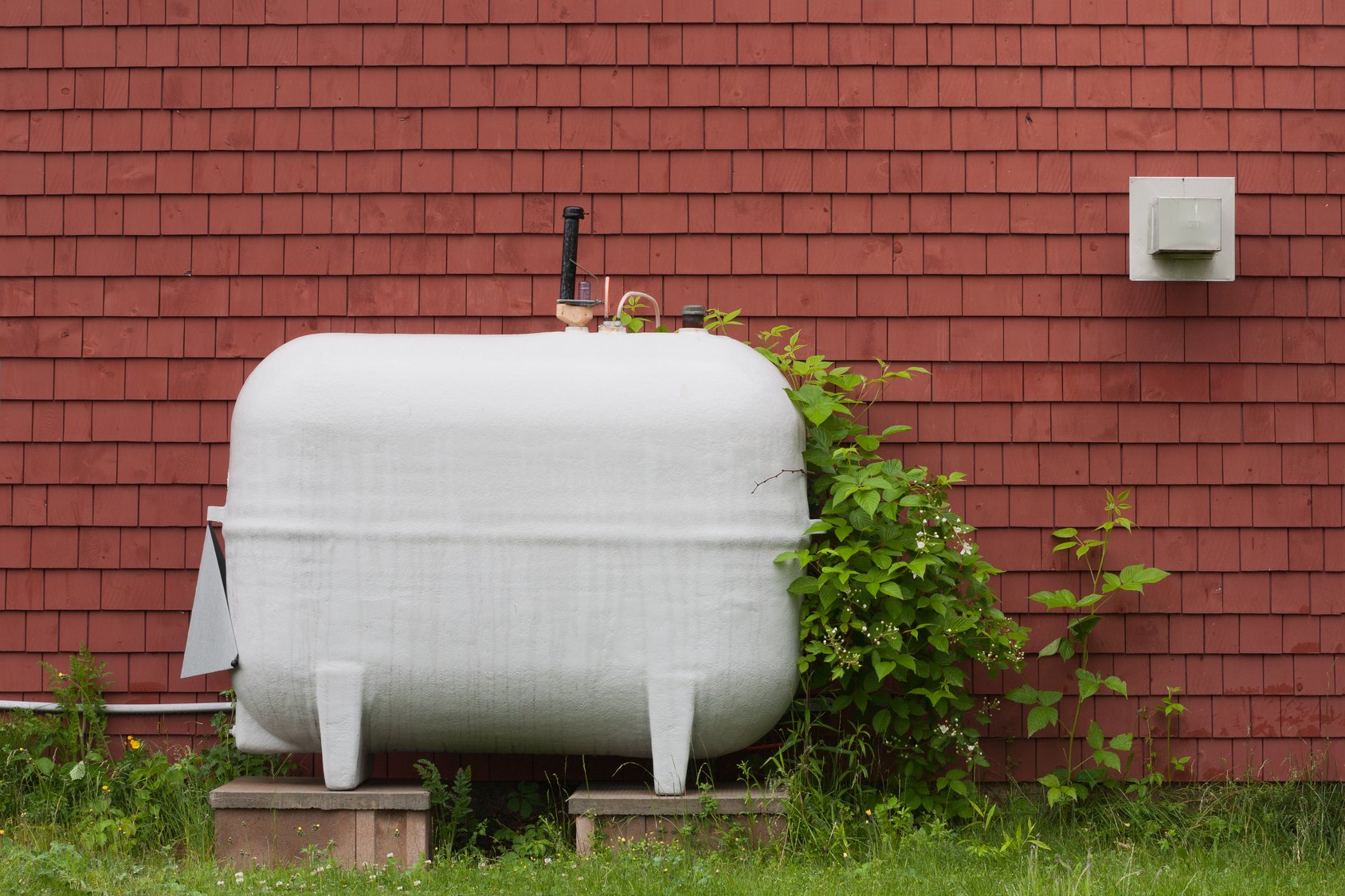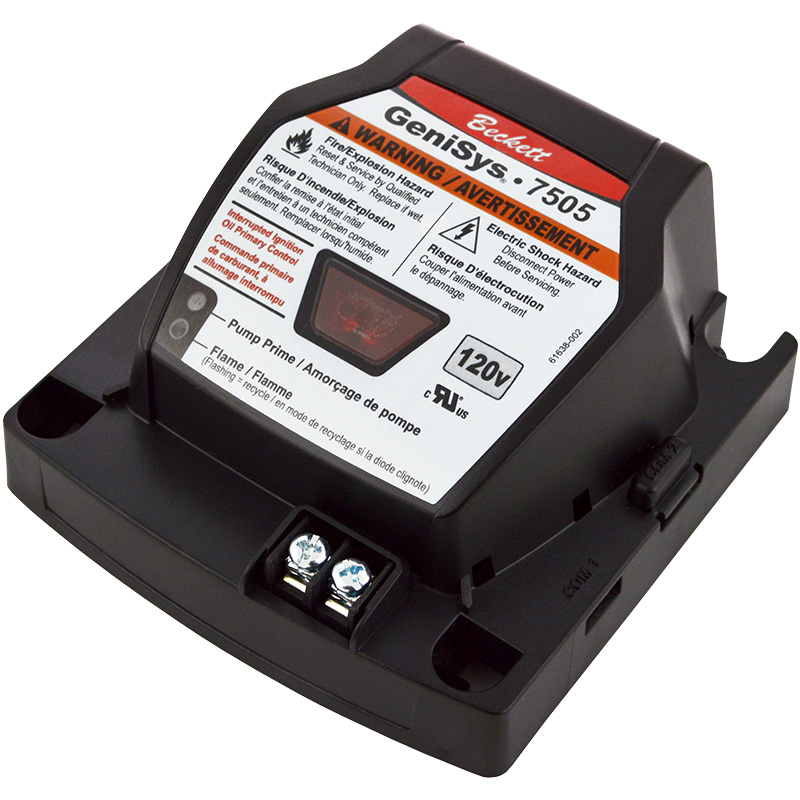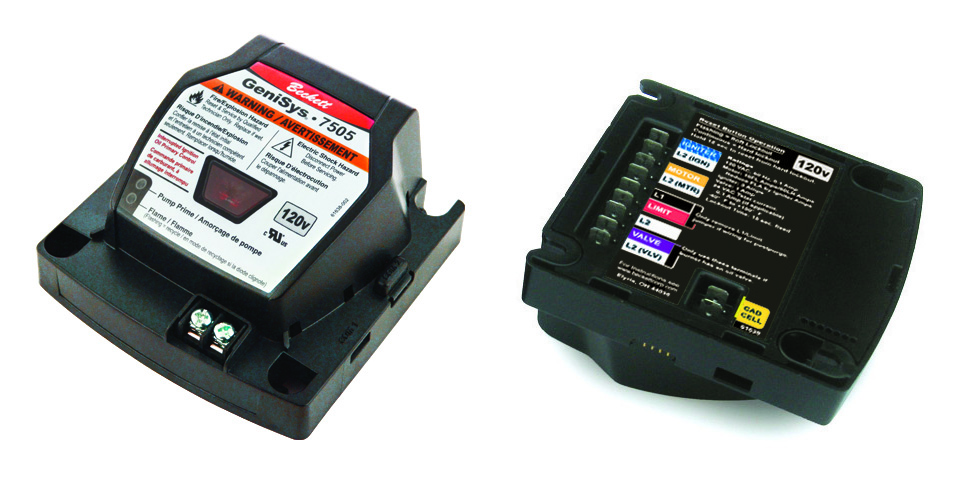Efficiency, in the technical sense, is a measure of the ratio of the work performed by a machine or in a process to the total energy or resources expended. In terms of the heating industry, efficiency is a term generally used to denote the value or effectiveness of a heating fuel or system based on the heat produced vs. the fuel expended. However, depending on how it is used in conversation or analysis, "efficiency" can sometimes turn into a very subjective term. In order to truly quantify the efficiency of oil or gas heat, we need to be more specific in our measurements and the way we discuss them.
While oil heat is one of the most common types of heating systems across the country today, many consumers still hold some popular misconceptions about the use of heating oil. In our oil heat misconceptions blog series, we'd like to take the time to address these widespread misunderstandings about fuel oil and its use in residential and commercial heating.
Topics: Oil Heat, Oil Heat Misconceptions, Biofuels
While oil heat is one of the most common heating types in many parts of the country, many homeowners hold a few fundamental misunderstandings about this fuel. We believe that it's important to educate consumers about the true characteristics of oil heat, including how safe it is to use. The misconception has persisted for many years that oil is unsafe, but this couldn't be further from the truth. In fact, oil is one of the safest fuel types for several reasons. In this post, we'll discuss the common oil heat misconceptions related to safety and how regular service is key to safe oil system operation.
Topics: Oil Heat, Oil Heat Misconceptions
Oil Heat Misconceptions: Cleanliness and Emissions
Although oil heat is one of the most common types of heating fuel in today's market, the general population holds many misconceptions about oil heating systems. With our oil heat misconceptions blog series, our aim is to educate the public on the truth behind many false beliefs commonly held about oil heat. Both those who use oil heat and those who don't often misunderstand the basic characteristics of oil heat due to a simple lack of modern heating fuel education. To begin, we're going to address the misconception that oil heat is dirty and damaging to the environment. In this post, we'll discuss the misconceptions about oil heat and its relative cleanliness both within the home or facility and in the environment.
Topics: Oil Heat, Oil Heat Misconceptions
In many parts of the country, oil heat is one of the most popular types of heating systems for homes and facilities. There are several reason why oil is a popular heating fuel in various areas, from price to logistics to convenience. However, one of the most important characteristics of oil heat to consider is its relative level of safety compared to heating options like gas, propane, and more. In this post, we'll discuss oil heat safety vs. other heating fuels and explain why these characteristics make oil such a popular heating fuel.
While older oil burners and oil appliances sometimes experienced a wide range of safety and efficiency issues, many advances have been made in more recent years to ensure that today's burners operate with peak performance. This includes improvements to both the design and engineering of oil burner systems as well as education and training for modern technicians. In this post, we will discuss oil burner safety and efficiency today as well as the advancements that made possible modern oil heat as we know it.
Topics: Oil Heat, Oil Burners
In the history of heating and combustion technology, manufacturers and heating specialists alike have made huge improvements in the arenas of heating efficiency and safety. One of the most significant developments in terms of heating safety is the introduction of the burner primary control, which communicates with other heating components and oversees the safe operation of the system. However, systems haven't always been designed this way. As heating systems evolved the primary control became an integral part of the heating system, striving for safety while delivering automatic comfort.
Topics: Oil Heat, Natural Gas Heat, Primary Controls, Heating Technologies
When heating with gas or oil, safety is always the top priority, and over the years, OEMs have counted on the innovations of their suppliers to improve the safety conditions inside their systems. In general, heating safety hinges on every part of the heating systems interacting correctly with the other components they are connected to. But when there are so many vital parts in the system that need to constantly be interacting, the best way to ensure that heating is carried out safely is to introduce a part that oversees the entire combustion cycle — the primary control.
Topics: Oil Heat, Natural Gas Heat, Primary Controls, Heating Technologies
What Homeowners Should Know About Residential Oil Heat
When you're looking to purchase a new home, there are plenty of factors to consider, from location to price to all the little details that will affect your lifestyle in a certain house. There's a lot of research to be done during the home buying process, and that includes looking into the type of fuel that will be used to heat your home and the implications of it.
Topics: Heating Types, Oil Heat, Residential


